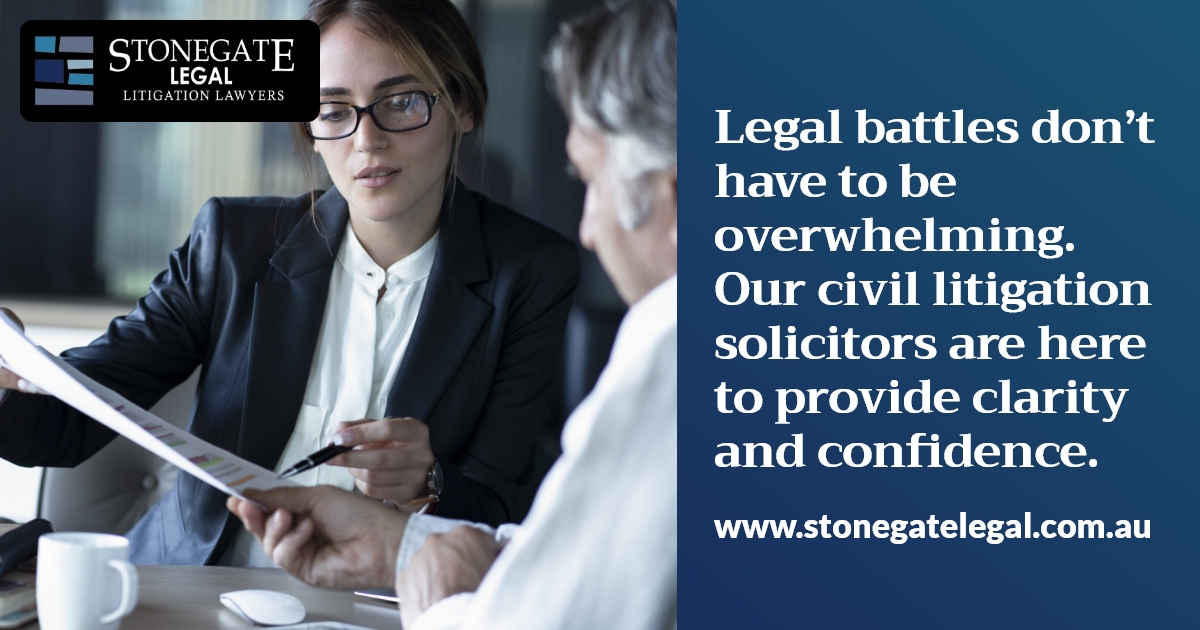
When facing a legal dispute, choosing the right litigation lawyer can make all the difference in achieving a favorable outcome. A skilled lawyer will not only provide expert legal guidance but also represent your interests with precision and professionalism, ensuring your voice is heard throughout the process. The right lawyer can help you navigate the complexities of the legal system, identify the strengths and weaknesses of your case, and build a strong strategy to improve your chances of success.
Whether you need a civil litigation lawyer for a business dispute, a breach of contract issue, or even a personal legal matter such as property disputes or negligence claims, selecting the right legal professional is crucial. They should have experience relevant to your case, a proven track record, and the ability to communicate clearly and effectively. Here’s how to ensure you find the best lawyer to guide you through your legal challenges and protect your interests at every step.
Identify Your Legal Needs
Before starting your search for a lawyer, it’s essential to clearly understand the type of legal assistance you need. Different legal issues require specific expertise, and choosing the right specialist can make all the difference. Litigation lawyers, for example, focus on resolving disputes and can specialise in various areas such as commercial law, family law, personal injury, or intellectual property. Identifying your specific legal needs will help you find the right professional to handle your case effectively.
- Business disputes– Contract breaches, shareholder disagreements, or partnership disputes
- Property disputes– Landlord-tenant conflicts, boundary disputes, or real estate litigation
- Employment law– Wrongful termination, discrimination, or workplace disputes
- Debt recovery– Pursuing unpaid debts through legal action
Clearly identifying your legal needs is an important first step in finding the right lawyer. By understanding the specific area of law your issue falls under—whether it’s family law, corporate law, or criminal defense—you can narrow down your search and find representation with the right expertise and experience to handle your case effectively.
Research Lawyers
Once you know what type of lawyer you need, start researching potential candidates. Look for litigation lawyers with experience in cases similar to yours. Check their websites, online reviews, and legal directories to gain insights into their reputation and areas of practice.
Ask for Referrals
Word-of-mouth recommendations can be invaluable when selecting a civil litigation lawyer, as they provide firsthand insights into the lawyer’s skills, reliability, and professionalism. Ask business associates, colleagues, friends, or family members if they have worked with a reputable litigation lawyer who delivered successful results. Personal referrals not only help you find trustworthy professionals with a proven track record but also give you a sense of what it’s like to work with them, including their communication style, approach to cases, and dedication to clients. Taking the time to gather these recommendations can save you significant effort and ensure you make a well-informed choice.
Check Qualifications
It’s crucial to verify a lawyer’s qualifications before hiring them. Ensure they:
- Are registered with the relevant state or national legal boards
- Have the necessary certifications and specialisations in litigation
- Are members of recognised legal associations, such as the Law Council of Australia or state-based legal bodies
Checking these credentials ensures you’re working with a licensed professional who has undergone the necessary training, meets industry qualifications, and adheres to both legal and ethical standards. This not only protects your interests but also guarantees a higher level of expertise and accountability.
Review Experience
Experience matters when it comes to litigation. Look for a lawyer with:
- A history of handling cases similar to yours
- A strong success rate in settlements and court trials
- A deep understanding of the legal system and court procedures
Experienced lawyers bring a wealth of knowledge and expertise to your case, making them better equipped to develop strong legal strategies tailored to your specific needs. Their familiarity with complex legal processes and ability to anticipate potential obstacles allow them to handle unexpected challenges effectively, ensuring your case is managed with confidence and precision.
Schedule a Consultation
Most lawyers offer initial consultations to discuss your case. Use this opportunity to:
- Assess their knowledge of your legal issue
- Understand their proposed strategy
- Determine if they are the right fit for your needs
Ask Questions
During the consultation, ask important questions such as:
- How many cases like mine have you handled?
- What is your approach to litigation and dispute resolution?
- What are the possible outcomes of my case?
- How will you keep me informed throughout the process?
Asking the right questions not only helps you assess their competence in a specific role or task but also gives you valuable insight into their problem-solving abilities, professionalism, and communication style. This can be crucial in determining if they are the right fit for your team or project.
Evaluate Communication Skills
A good litigation lawyer should communicate clearly and keep you updated throughout your case. Consider:
- Their ability to explain legal concepts in simple terms
- Their responsiveness to emails or phone calls
- Whether they listen carefully and understand your concerns
A lawyer who is accessible and communicates effectively will make the legal process smoother and less stressful for you. They will ensure that you understand each step, provide timely updates, and are available to answer any questions or concerns, giving you confidence and peace of mind throughout your case.
Consider Resources
Law firms vary in size and resources. Large firms may have more support staff and extensive legal tools, while smaller firms may offer more personalised attention. Choose a lawyer who has the resources necessary to handle your case effectively.

Check References
Ask the lawyer for references from past clients to gain a better understanding of their work. Speaking with former clients can provide valuable insight into the lawyer’s professionalism, communication style, reliability, and overall success rate in handling cases similar to yours. This step can help you feel more confident in your choice and ensure the lawyer is the right fit for your needs.
Review Fee Structure
Legal fees can vary significantly. Discuss:
- Whether the lawyer charges hourly, flat fees, or contingency-based fees
- The estimated total cost of your case
- Payment options and any additional costs
A transparent fee structure helps you avoid unexpected financial surprises.
Trust Your Instincts
Finally, trust your gut feeling when making your decision. Choose a litigation lawyer who not only has the skills and experience you need but also makes you feel comfortable, confident, and well-represented. The right lawyer should communicate clearly, listen to your concerns, and make you feel assured that your case is in capable hands.
Are You Ready to Take the Next Step?
Finding the right civil litigation lawyer requires research, referrals, and careful evaluation. By identifying your legal needs, reviewing experience, and assessing communication skills, you’ll be able to choose a lawyer who will effectively represent your interests.
If you need expert legal assistance, contact Stonegate Legal today to consult with a trusted litigation lawyer who can guide you through your case with confidence.